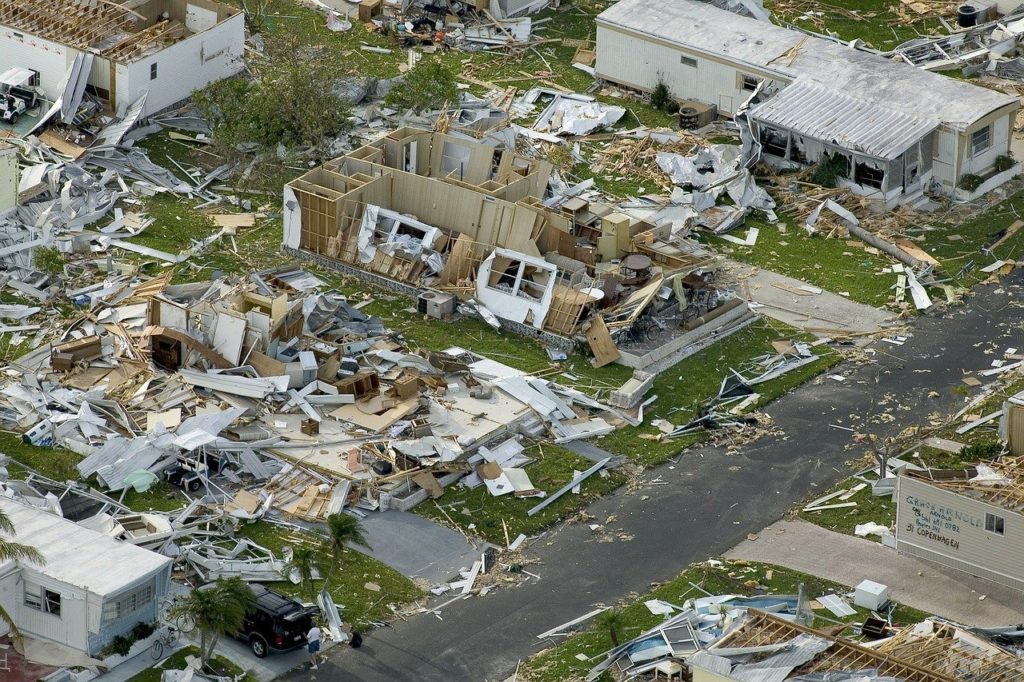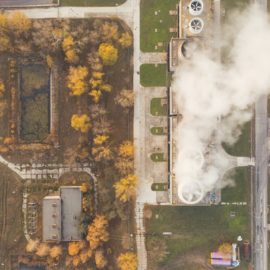
The problems move on and congress gets bogged down. Things slip through the cracks and funding for disasters seem to be fleeting. Will we get funded as promised?
There’s a war in Europe, ongoing fallout from the pandemic and a long list of other priorities in Washington. But there are still hopes that hurricane-battered Louisiana won’t be forgotten. Gov. John Bel Edwards and the state’s congressional delegation have been in discussions to beef up federal disaster aid in the wake of last year’s Hurricane Ida as well as 2020’s Hurricanes Laura and Delta. Residents and local officials in southwest Louisiana in particular have expressed intense frustration with the amount of help allocated so far and the time it has taken. “We’ve worked hard to make the case not only to the White House, but to our congressional delegation that the people of southwest Louisiana desperately need more aid in order to be able to fully recover,” Edwards spokeswoman Christina Stephens said. “The governor brings this up routinely in conversation with federal officials and even discussed it in recent days with the White House chief of staff. We’ve been told over and over again that additional funding is coming.”
theadvocate.com
It is needed and there are those pushing for the funding. But it could be OBE, overtaken by events.
At a town hall meeting in Luling Thursday night, U.S. Rep. Garret Graves, R-Baton Rouge, highlighted the White House’s request this week for $32.5 billion in emergency spending to help Ukraine and for continued response to COVID-19 while stressing that Louisianans were still suffering from storm damage. “I am very sympathetic. I want to help folks in Ukraine. I want to push back on Vladimir Putin, to do all we can,” said Graves, who represents areas of southeast Louisiana battered by Ida. “But for just a minute, let’s think about this concept of us taking our taxpayer dollars and sending it to the Ukraine and not assisting our people right here in Louisiana. Unacceptable.” Needs in the Lake Charles area remain severe more than a year and a half after Laura, one of the most powerful storms to ever hit the state, rivaling Ida with 150-mph winds. It was followed six weeks later by Category 2 Delta, which flooded homes, as well as a severe winter storm in February and flooding in May.
The need remains but this whole thing has been a slow process.
Despite all of that, Congress did not allocate long-term recovery money for the region until late September, and the $600 million set aside is far short of what the state says is needed. An initial down payment on Ida recovery aid was approved at the same time – even though that storm hit a year later. The $600 million has not been distributed yet because a series of bureaucratic steps are required first. It is expected to begin to flow around May. In any case, it will fall well short of meeting the region’s needs, Edwards said in a letter to the state’s congressional delegation last month. He wrote that southwest Louisiana would need around $300 million more to address housing as well as another $100 million for businesses. As for Ida, Edwards said calculations are ongoing, but that total unmet needs for Louisiana are in excess of $2.5 billion. It is expected that Louisiana will receive around $400 million of the initial Ida down payment approved in September, though final amounts have not yet been set.
We seem to only have two supporters fighting for us.
U.S. Sen. Bill Cassidy, R-Baton Rouge, expressed concerns this week in a Roll Call story over negotiations on further disaster aid, saying he had met reluctance to include it in this round and that “it’s going to be very difficult.” In later comments relayed through his office, Cassidy said he is continuing to speak to the White House and other senators on the issue. “I don’t know if it will happen, but I won’t stop trying,” he said. As of Friday afternoon, the White House had not spelled out a specific request for disaster aid in its emergency spending proposal, as it did back in September. But it left the door open to the possibility in its letter to Congress on Wednesday on Ukraine and COVID dollars. “I and my staff stand ready to work with you to address these urgent funding needs, as well as on other emergency funding needs, such as additional resources to continue recovery efforts from past natural disasters,” wrote White House Office of Management and Budget head Shalanda Young, a Louisiana native.
There are so many needs and a finite amount of money.
Still, there have been concerns that approving disaster aid will be an uphill climb without a more specific request from the White House. U.S. Sen. John Kennedy, who serves on the Senate appropriations committee, has also been advocating disaster relief, including on the Senate floor. He too expressed concerns in comments to Roll Call. “Their position is, ‘Sure, we’ll make the (disaster aid) request, but you got to deliver the votes for all my extra COVID money,’” Kennedy said. “And the votes aren’t there on my side of the aisle for the COVID money for the very simple reason that we don’t need the COVID money. They’ve got $100 billion that they haven’t spent, for God’s sakes.” It’s unclear whether the last-minute crush of negotiations can be completed ahead of Friday’s deadline. If not, another short-term funding bill would be needed – which would be bad news for southwest Louisiana.
Time is running out.
Officials in the region fear this could be their last chance to obtain further disaster relief, considering the amount of time that has passed. They have sought to raise awareness of their predicament, but it has been difficult given the Lake Charles’ area’s relative obscurity. They have highlighted the region’s energy production, particularly its role as a major producer of liquefied natural gas, in addition to an affordable housing crisis left behind by the storms. Lake Charles Mayor Nic Hunter said “what we have received thus far is woefully insufficient. “And if that is it, if that’s all that we receive as a community, it is going to be a very long, very cumbersome and very rocky road to recovery for this community.” “It is just amazing to me that here on American soil, we have Americans who are suffering to this degree. And those cries for help have not been fully heard by Washington, D.C.,” he said.
I think the cries have been heard but priorities constantly shift.


